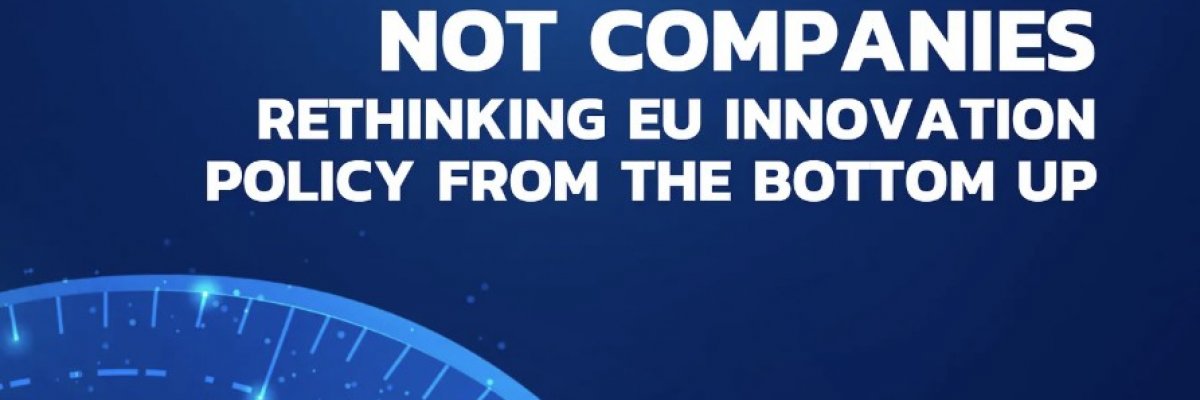 Menu
Menu
29 September, 2025
Critical review of the Horizon European program
A new study by Bocconi University’s Institute for European Policymaking and EconPol Europe finds that the EU’s €100 billion Horizon program has failed to significantly boost innovation, with most funding going to large firms and consortia that deliver limited long-term results.

A new study by Bocconi University’s Institute for European Policymaking and EconPol Europe finds that the EU’s €100 billion Horizon program has failed to significantly boost innovation, with most funding going to large firms and consortia that deliver limited long-term results.
Problems identified:
Over half of funds go to mid-tech firms and consultancies with little growth potential.
Big corporations and their spin-offs dominate, often repeatedly winning grants (some in 200+ projects).
60–80% of funding supports large international consortia shaped by national interests, leading to incremental—not breakthrough—innovation.
Early-stage innovation support mainly benefits large firms, diluting impact.
Only 12% of Horizon funding reaches independent innovators, where the strongest effects are seen.
Findings on effective funding:
Programs targeting independent SMEs (e.g., SME Instrument, EIC Accelerator) yield lasting growth and high-tech patents, but account for less than 8% of total funding.
Recommendations:
Shift funding from large collaborative instruments to SME-focused programs under Horizon’s Pillar 3 (EIC).
Prioritize independent small firms, limit repeat beneficiaries, and restrict funding to consultancies.
Encourage bottom-up, open calls to support novel and diverse innovation ideas.
Conclusion:
The report urges a fundamental reorientation of Horizon funding—away from entrenched corporate groups and toward independent SMEs with high growth potential—in order to avoid Europe falling into a “middle technology trap.”